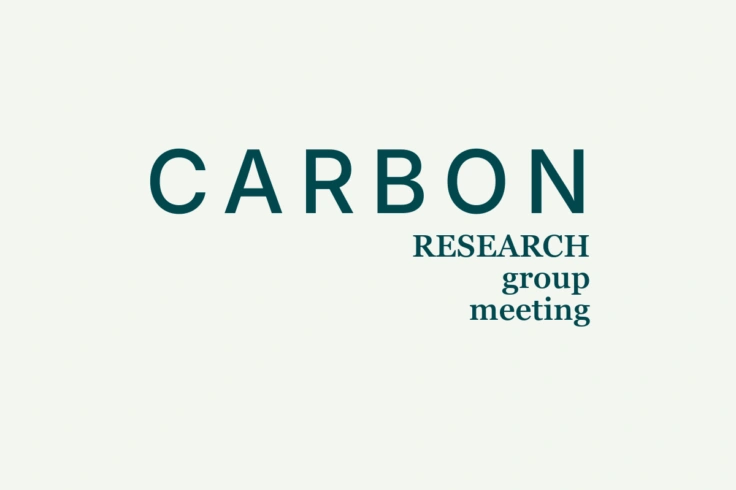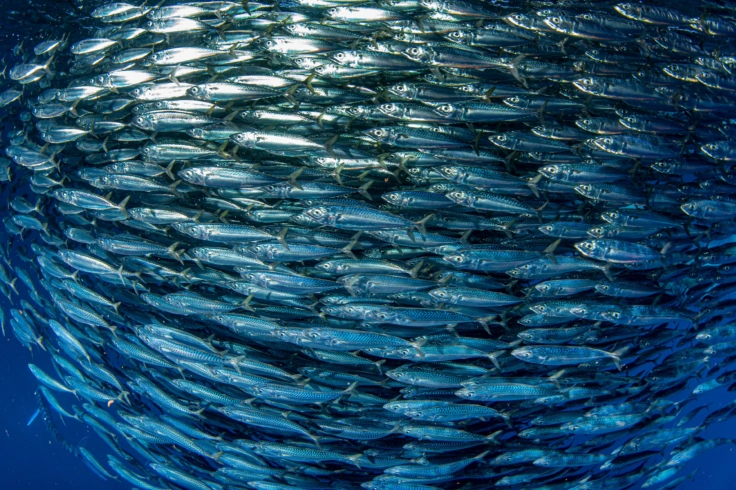
Providing cities with solutions to handle climate change improves both the global environment and local living conditions.
Read moreFind an Expert
Our researchers are employed either at NORCE, UiB, the Nansen Center or the Institute of Marine Research. The researchers work together across various scientific disciplines. Find researchers with backgrounds in meteorology, oceanography, geology, geophysics, biology and mathematics, among others.
Projects
Researchers at Bjerknes are involved in several projects, both nationally and internationally. The projects are owned by the partner institutions, with the exception of our strategic projects.
Publications
Researchers at the Bjerknes Center publish more than 200 scientific articles each year.
Calendar
Se alle
10.02.26
Artikkel 119330

17.02.26
Carbon System Group meeting
Dear all, we would like to invite you to a Carbon System Group meeting (17.02., 13-15:00h, BCCR undervisningsrom in the 4th floor) focused on dialogue and strengthening cooperation within the group. We would like to: discuss the strategy currently being developed at the Bjerknes Centre and openly discuss concerns related to this strategy explore new meeting formats that are more interactive, better connected to ongoing activities, and supportive of collaboration and networking Inspire cooperation by inviting 10 people (chosen alphabetically on the group list - you will receive an additional email if you are among the chosen ones) to give a very short presentation (2–3 slides, 3–5 minutes) addressing: What you will work on in the next 12 months What you would love to do scientifically if there were no constraints What kind of cooperation or expertise would help or be needed to make this scientific wish possible Our aim is to find a way of meeting that is useful, engaging, and relevant to you, and that helps us stay up to date while strengthening scientific cooperation across the group. We very much hope you will join us for this session and contribute to shaping both the strategy discussion and a meeting format that works well for the Carbon System Group. If you have thoughts or wishes regarding the meeting format or topics you would like to see addressed, feel free to share them with us. All the best Nadine and Are
20.02.26
Ledergruppemøte Bjerknessenteret
Our Research Groups
Cross-Cutting Activities
Learn About Climate Science
Se alleNews
Se alle
13.01.26
Cities are essential for climate
The majority of the world's population lives in cities. Providing cities with solutions to handle climate change improves both the global environment and local living conditions.

29.12.25
The Bjerknes Year 2025
A new year stands at the doorstep. While we wait for all things new, lets take a moment to look back at the year that was.

18.12.25
When Pacific Weather Shakes Atlantic Fisheries
How El Niño and La Niña reach across the globe to impact fish populations thousands of kilometres away





